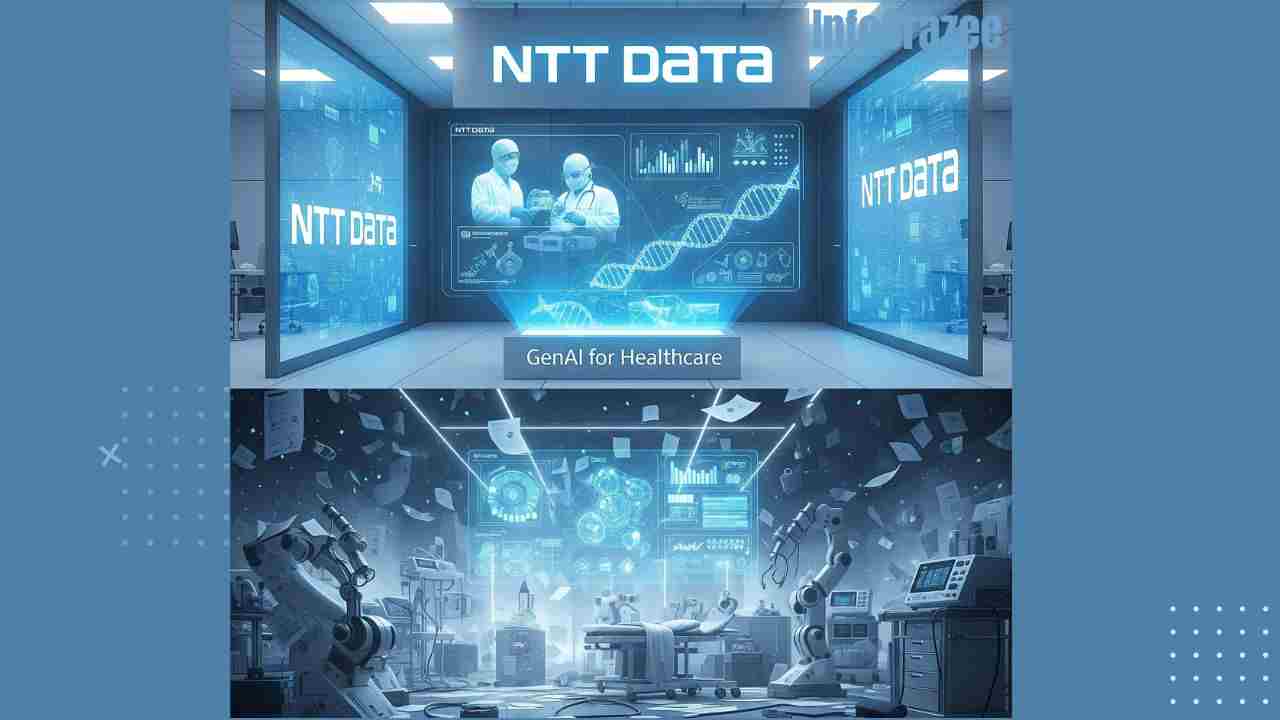NTT DATA’s Bold GenAI Healthcare Vision Hits Roadblocks: Ambition Outpaces Reality
NTT DATA, a $30 billion global tech giant, has set its sights on revolutionizing healthcare with generative artificial intelligence (GenAI), but a new report reveals a stark disconnect between its lofty ambitions and real-world execution. Despite high-profile partnerships and bold claims, the company’s GenAI initiatives are struggling to deliver transformative results, raising questions about the feasibility of its vision for AI-driven healthcare.
A Strategy Misaligned with Reality
NTT DATA’s recent GenAI: The Care Plan for Powering Positive Health Outcomes report, based on responses from 425 healthcare leaders across 33 countries, paints a troubling picture. While 80% of surveyed executives boast a “well-defined” GenAI strategy, only 40% say it aligns strongly with their business goals, and a mere 54% rate their GenAI capabilities as high-performing. This gap highlights a critical challenge: healthcare organizations, including NTT Data’s clients, are struggling to translate GenAI’s potential into tangible outcomes.
“GenAI could transform patient care, but the hype is outrunning reality,” said Sundar Srinivasan, Head of Healthcare at NTT DATA North America. “Alignment with business strategies, robust governance, and workforce training are non-negotiable to make this work.”
Promises vs. Challenges
NTT DATA has touted GenAI’s potential to enhance patient experiences, streamline operations, and drive financial gains. High-profile collaborations, like its partnership with Duke Health to develop an AI-powered home care model, aim to reduce clinician workloads and improve outcomes. Another initiative with the Royal Marsden NHS Foundation Trust leverages GenAI for faster, more accurate cancer detection through radiology analysis.
Yet, the road to success is fraught with hurdles. Data security, privacy concerns, and ethical dilemmas loom large, with 91% of healthcare executives fearing breaches of Protected Health Information (PHI). Only 42% believe their cybersecurity measures adequately protect GenAI applications. Regulatory compliance further complicates adoption, as healthcare’s stringent standards clash with the rapid pace of AI health innovation.
Bright Spots Amid Struggles
Despite the challenges, NTT DATA’s efforts show promise. Its work with the Royal Marsden, funded by the UK’s National Institute for Health and Care Research, uses high-performance computing to enhance diagnostic precision, offering a glimpse of GenAI’s potential to transform cancer care. Additionally, 94% of surveyed leaders say GenAI accelerates R&D, enabling faster access to new treatments and improved diagnostics.
The company’s broader AI portfolio also shines. NTT DATA’s LITRON Sales and Symphony Conversational AI platforms demonstrate how GenAI can personalize patient interactions and streamline administrative tasks. Its 40 years of AI R&D and partnerships with giants like Google Cloud and Microsoft bolster its credentials, with claims of boosting client productivity by 40% on average.
The Path Forward
To close the gap between ambition and reality, NTT DATA emphasizes a human-centric approach. “It’s vital to show how GenAI complements human workers, not replaces them,” Srinivasan said. This includes comprehensive workforce training and multilayered governance to address ethical concerns. The company’s collaboration with L’Oréal on an AI-driven sales assistant and Almirall’s GenAI-powered medical research tool, which boasts over 90% accuracy in data extraction, underscore its commitment to practical, impactful solutions.
However, critics argue that NTT DATA’s global ambitions—spanning 50+ countries and 75% of Fortune Global 100 clients—may stretch its resources thin. The UK’s 10-year Health Plan, which aims to make the NHS the world’s most AI-enabled healthcare system, adds pressure to deliver results fast.
A High-Stakes Bet
NTT DATA’s GenAI push is a high-stakes gamble to reshape AI healthcare. While its vision of predictive diagnostics, automated processes, and personalized care is compelling, the company must overcome significant barriers to turn promise into reality. With 87% of healthcare leaders believing GenAI’s benefits outweigh its risks, and 59% planning major investments by 2027, the clock is ticking.
As Flann Horgan, Vice President of Healthcare at NTT DATA UK&I, put it, “The ethical and secure use of AI is central to building a smarter, healthier society.” Whether NTT DATA can align its bold strategy with practical outcomes remains to be seen, but the stakes—for patients, providers, and the company itself—couldn’t be higher.






